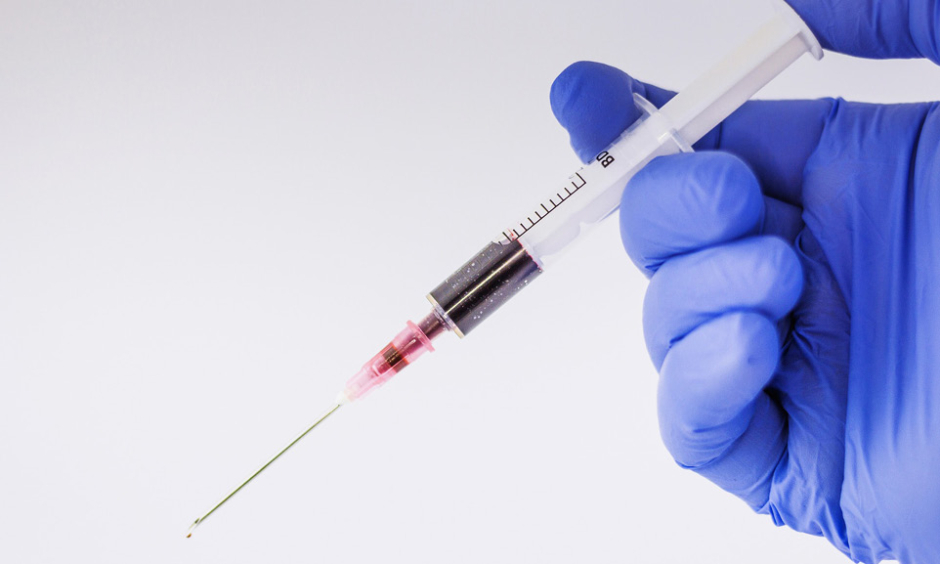PREDICTING the onset of diabetes 10 years before diagnosis may soon be within reach as a result of new technology developed at De Montfort University, Leicester, UK. Innovative nuclear magnetic resonance technology was used to analyse blood and urine, detecting metabolites at a molecular level. This depth of analysis may mean that conditions such as Type 2 diabetes mellitus could prospectively be diagnosed much sooner.
“The experiments we’re conducting are very pioneering and the first of their kind. We’re looking at diagnosis of human diseases from biological fluids in a facility which could be possible for point-of-care use in the future,” explained Prof Martin Grootveld, De Montfort University. It is hoped that this technology will allow medical professionals to identify patients at risk of diabetes at an earlier stage than ever before, allowing changes to be made to improve their health in the long-term, and possibly even delay the full manifestation of the disease.
Diabetes represents a huge burden to healthcare around the world and this technology was developed to directly to tackle this ever-growing problem for the NHS. Dr Philippe Wilson, one of the developers from De Montfort University, explained the extent of the savings this sort of diagnostic tool could represent for the UK’s NHS: “We’re initially studying diabetes because it is part of the NHS plan for the next few years, and it is a significant disease that cost the NHS billions of pounds every year. Four to six percent of that cost is recoverable through early diagnosis and early treatment, which this machine could contribute to.”
Ultimately, this research will directly benefit patients, as well as lead to a large economic benefit for the healthcare economy. “This is really a breakthrough technology; it’s very easy to see where the cost saving for the NHS can come and obviously how the patients could improve their outcomes,” concluded Dr Wilson. The researchers are hopeful that this revolutionary technology will see its implementation within the diagnostic repertoire of the NHS in the next 2–3 years.








